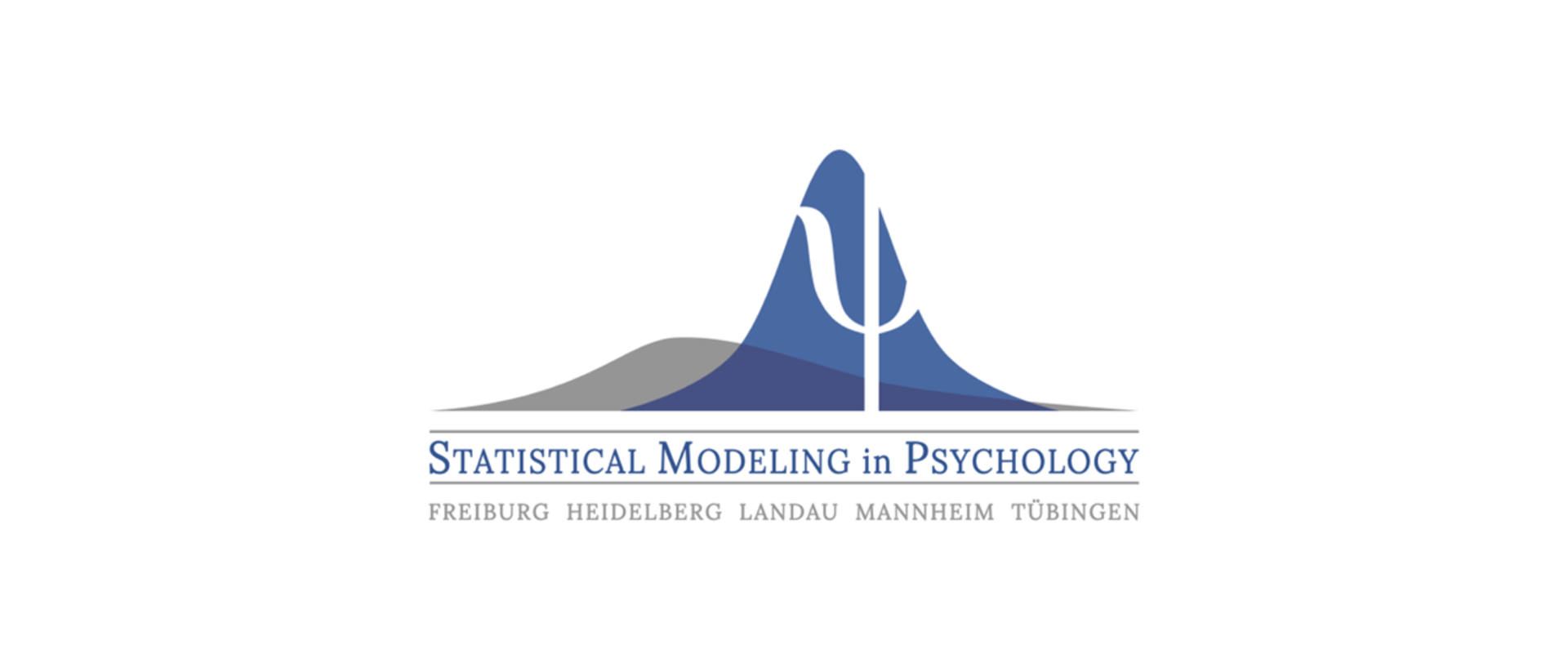The PhD program
PhD Candidates develop their precise dissertation projects jointly with their advisor within the first months of doctoral studies. Roughly speaking, these PhD projects can be assigned to three thematic areas: modeling cognition and social cognition, modeling motivation and affect, and modeling individual differences. Within each thematic area two complementary and intertwined approaches are possible: Projects focusing primarily on model developments and statistical refinements (model development perspective) and projects aiming at innovative applications of existing models to new research questions (model application perspective). PhD Candidates will profit from diverse opportunities to discuss their PhD projects with fellow PhD Candidates, researchers from the SMiP group as well as external experts.
To support and accelerate the PhD phase, the SMiP group offers a unique qualification program. It comprises 6 semesters and includes different types of teaching activities covering, for example, core courses in statistical modeling, skill trainings (e.g., academic writing and publishing), and workshops on diverse topics given by members of the SMiP group or renowned international experts from partner institutions. In addition to the course work, active participation in teaching and in conferences will be supported. Furthermore, PhD Candidates will have the opportunity to visit external labs in research groups abroad.
